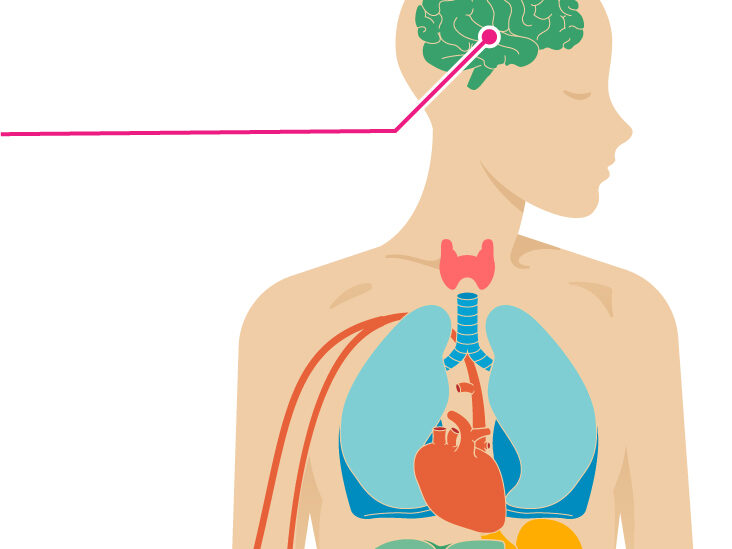Scientists who have been studying the effects and side effects of marijuana for decades made some important discoveries. They identified the active ingredient in marijuana and discovered how it functions in the brain via a new system called the endocannabinoid system (EC). The EC system–named after the marijuana plant Cannabis sativa and its active ingredient delta-9-tetrahydrocannabinol (THC)–is a unique communications system in the brain and body that affects many important functions, including how a person feels, moves, and reacts.
Cannabinoids are natural chemicals that the body produces and interact with the EC system. They interact with receptors to regulate important body functions. What makes the EC system so unique? How does THC’s effect on this system impact a person’s memory, accident risk, or addiction?
Cannabinoids and Other Neurotransmitters
Neurons (brain cells) communicate chemical messages with one another and the rest of our bodies by sending chemical messages. These messages coordinate and regulate all that we feel, think and do. The chemicals, called neurotransmitters, are usually released from a neuron. They travel through a small gap (the synaptic) and attach to receptors on nearby neurons (postsynaptic cells). The receiving neuron then takes action and triggers a series of events to transmit the message.
The EC system communicates messages differently because it works “backward.” Cannabinoids, which are chemical messengers of the EC system, are created “on demand” by lipid precursors (fat cells). They are then released from the cell and travel reverse to a presynaptic nerve, where they attach themselves to cannabinoid-receptors.
Why is this important? Because cannabinoids work on presynaptic neurons, they can regulate what happens next after these cells are activated. Cannabinoids act as a “dimmer switch”, limiting neurotransmitter release from presynaptic cells. This affects how messages are sent, received and processed by the cell.
How does THC affect the EC System?
THC, which is found in marijuana, can quickly attach to cannabinoid receptors throughout your brain and body. This can disrupt the natural cannabinoids’ ability to fine-tune communication between neurons.
The effects of THC can be found in many areas of the body and brain. THC also has a positive effect on parts of the brain that give people the sensation of “high”. This is why THC can cause problems with memory, addiction, mental health, and even mental health.



